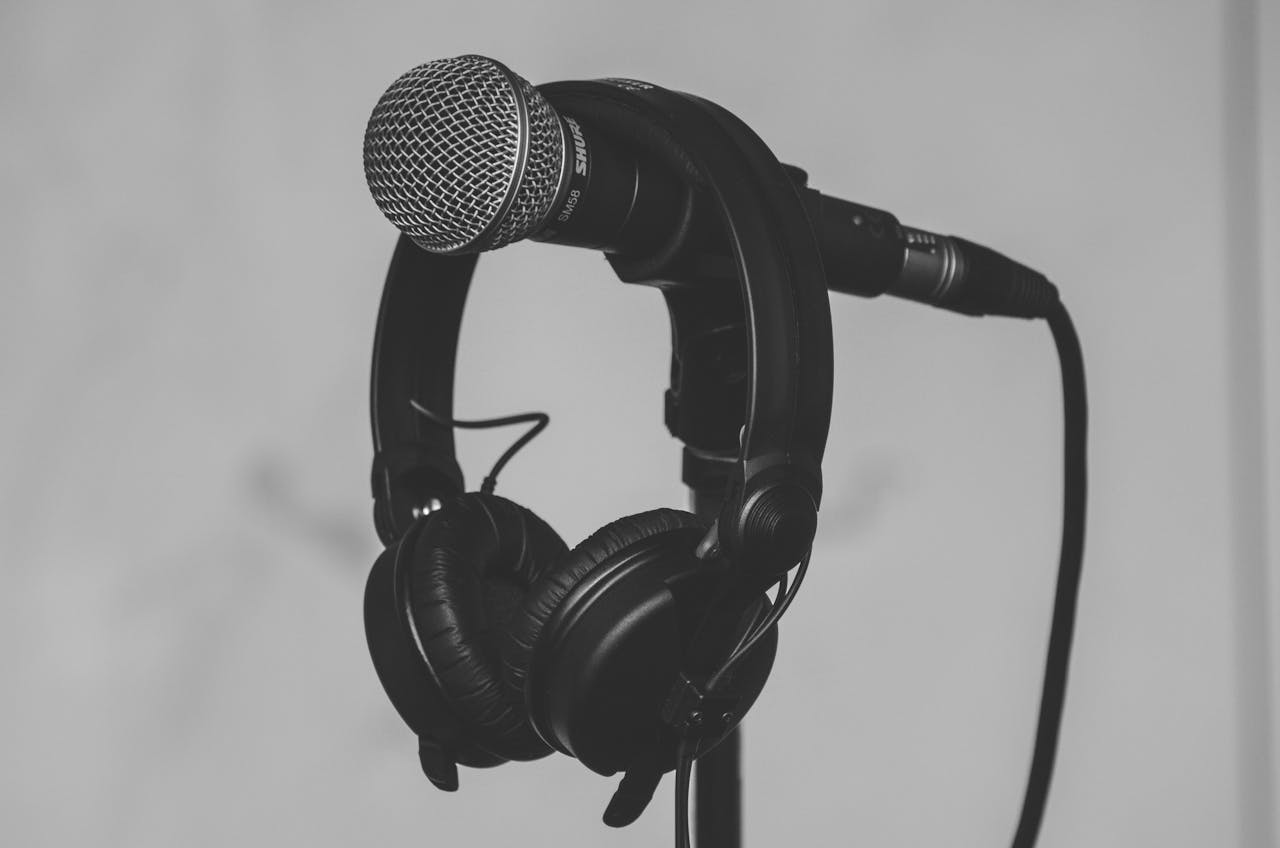In Nigeria, local music becomes a window through which we weave together the diverse stories, traditions, and cultures of our people. This begins from the rhythmic beats of Afrobeat to the soulful melodies of Highlife, Nigerian music still captures the essence of the nation’s history, struggles, and triumphs. The country’s rich musical heritage not only entertains but also educates and preserves its cultural identity, ensuring that future generations remain connected to their roots. As each region contributes its unique sounds and styles, Nigerian music becomes a central powerful tool through which the nation’s collective narrative is told and retold.
One of the most compelling aspects of Nigerian music is its ability to reflect the country’s complex social and political landscape. Songs often address themes of resilience, resistance, and hope, reflecting the experiences of the people. To talk about local music, Fela Kuti comes to mind. He is an Afrobeat who revolutionized the music scene by blending traditional Yoruba rhythms with jazz and funk, while also using his music as a platform to critique corruption and social injustice. His work not only entertained but also galvanized social change, demonstrating the profound impact that local music can have on society.
Furthermore, local music in Nigeria is inextricably linked to the languages and dialects spoken across the country. Each region boasts of its linguistic heritage, and musicians often incorporate these languages into their lyrics, thereby preserving and promoting linguistic diversity. Whether it’s the Yoruba, Igbo, Hausa, or any of the hundreds of languages spoken in Nigeria, local music becomes a vehicle for cultural expression and pride, making a deeper impression in the minds of the listener. This linguistic richness adds a layer of authenticity and relatability to the music, allowing listeners to connect deeply with the stories being told.
The uniqueness of Nigerian culture is also vividly showcased through its music. Traditional instruments such as the talking drum, shekere, and kora are frequently used, creating sounds that are distinctively Nigerian. These instruments, combined with contemporary elements, produce a fusion that is both timeless and modern. This blend of old and new not only highlights the adaptability of Nigerian culture but also its ability to innovate while staying true to its roots. As a result, Nigerian music stands out on the global stage, attracting listeners from around the world.
Interestingly, local music also plays a crucial role in community life and cultural ceremonies in Nigeria. Some of these ceremonies which include weddings and funerals to festivals and religious celebrations, become a platform where our local music forms an integral part of these events, bringing people together and fostering a sense of unity and social relationships. The communal nature of these gatherings defines the importance of music in daily life, as it not only entertains but also strengthens social bonds. In this way, local music becomes a living manifestation of the values and traditions that define Nigerian society.
Therefore, it is imperative to state that Nigerian local music has been a powerful storyteller that enshrines the nation’s unique cultural heritage. It again bridges the past and present, reflecting the country’s history, linguistic diversity, and societal values. It is in preserving the traditional sounds while embracing contemporary influences, that Nigerian music will continue to evolve, ensuring that the stories of its people are heard globally.





